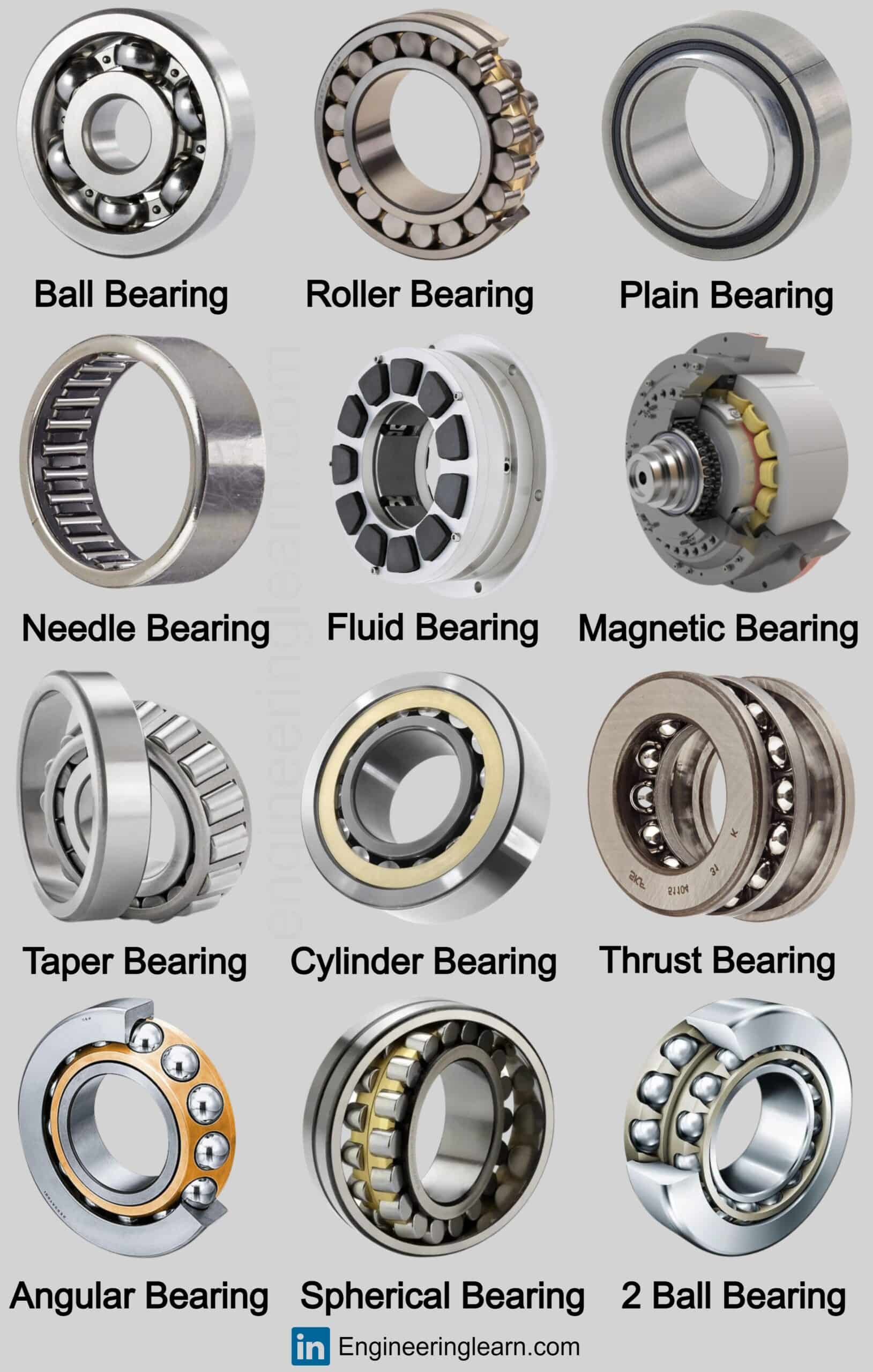Wheel Bearings: Their Impact On Alignment
Your car’s wheel bearings are essential for keeping your wheels rolling smoothly and safely. But did you know that they can also have a significant impact on your alignment? Here’s what you need to know about wheel bearings and how they can affect your car’s alignment.
If your car’s wheels are out of alignment, it can cause a variety of problems, including uneven tire wear, reduced fuel efficiency, and a decrease in handling and stability. In some cases, misalignment can even lead to premature tire failure.

One of the most common causes of misalignment is worn or damaged wheel bearings. When wheel bearings wear out, they can allow the wheels to move around excessively, which can cause the alignment to go out of spec.

If you suspect that your car’s wheel bearings are worn out, it’s important to have them checked by a qualified mechanic as soon as possible. Replacing worn wheel bearings can help to restore your alignment and improve your car’s handling and stability.

Signs of Worn Wheel Bearings
There are a few signs that can indicate that your car’s wheel bearings are worn out. These include:
- A grinding or humming noise when driving
- Excessive play in the wheels
- Uneven tire wear
- A decrease in handling and stability
If you notice any of these signs, it’s important to have your car’s wheel bearings checked by a qualified mechanic as soon as possible.

Causes of Worn Wheel Bearings
There are a few factors that can contribute to the wear and tear of wheel bearings. These include:
- Driving on rough roads
- Overloading the vehicle
- Improper installation of wheel bearings
- Lack of lubrication
By understanding the causes of worn wheel bearings, you can take steps to prevent them from happening in the first place.

Benefits of Replacing Worn Wheel Bearings
Replacing worn wheel bearings can offer a number of benefits, including:
- Improved handling and stability
- Reduced tire wear
- Increased fuel efficiency
- Prevented premature tire failure
If you’re experiencing any of the signs of worn wheel bearings, it’s important to have them replaced as soon as possible. Doing so can help you to improve your car’s performance and safety.

How to Replace Wheel Bearings
Replacing wheel bearings is a job that is best left to a qualified mechanic. However, if you’re confident in your mechanical abilities, you can follow these steps to replace the wheel bearings yourself:
- Remove the wheel and tire from the vehicle.
- Remove the brake caliper and rotor.
- Remove the hub assembly from the vehicle.
- Press the old wheel bearing out of the hub assembly.
- Press the new wheel bearing into the hub assembly.
- Reinstall the hub assembly, brake caliper, and rotor.
- Reinstall the wheel and tire.
Once you’ve replaced the wheel bearings, it’s important to have your car’s alignment checked and adjusted if necessary.

FAQs About Wheel Bearings
Here are some frequently asked questions about wheel bearings:
- How often should I replace my wheel bearings?
- What are the signs of worn wheel bearings?
- Can I replace wheel bearings myself?
- How much does it cost to replace wheel bearings?
Wheel bearings typically last for 50,000 to 100,000 miles. However, this can vary depending on the type of vehicle you drive and the driving conditions you encounter.
The signs of worn wheel bearings include a grinding or humming noise when driving, excessive play in the wheels, uneven tire wear, and a decrease in handling and stability.
Replacing wheel bearings is a job that is best left to a qualified mechanic. However, if you’re confident in your mechanical abilities, you can follow the steps outlined above to replace the wheel bearings yourself.
The cost to replace wheel bearings can vary depending on the type of vehicle you drive and the labor rates in your area. However, you can expect to pay between $200 and $600 for the parts and labor to replace wheel bearings.
Conclusion of Wheel Bearings: Their Impact On Alignment
Wheel bearings are an essential part of your car’s suspension system. They allow the wheels to rotate smoothly and freely, and they also help to keep the wheels aligned. Worn or damaged wheel bearings can cause a variety of problems, including misalignment, uneven tire wear, and a decrease in handling and stability. If you suspect that your car’s wheel bearings are worn out, it’s important to have them checked by a qualified mechanic as soon as possible.
